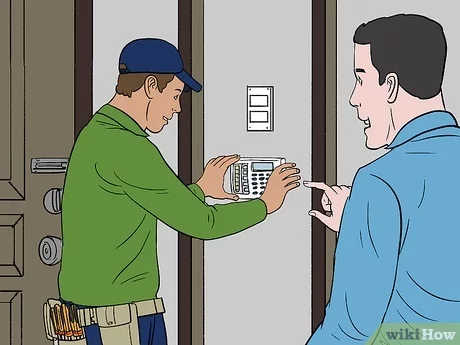How to Reason: 9 Steps

Reasoning is an essential skill that everyone should continuously hone throughout their lives. It helps us make decisions, solve problems, and think critically about our experiences. We all have the capacity for reasoning, but it takes practice and effort to improve. Here are nine steps to help you become a more efficient and effective reasoner.
1. Identify the problem or question: Clearly define what issue or concern you are trying to address. This will help ensure that your efforts are focused on the right objective.
2. Gather information: Collect as much relevant data as possible on the subject. This may include conducting research, interviewing experts, or reviewing your own experience and observations.
3. Evaluate the evidence: Analyze the gathered information with a critical eye, aiming to understand its reliability and relevance to your problem. Discard any sources that lack credibility or that provide misleading evidence.
4. Develop possible solutions or explanations: Based on the evidence at hand, create a list of potential solutions or explanations for your issue. Consider a variety of perspectives and try not to limit yourself to just one line of thought.
5. Logical reasoning: Use deductive or inductive reasoning techniques to analyze each solution or explanation. Deductive reasoning is an approach where you start with general principles and deduce specific conclusions, while inductive reasoning involves drawing general conclusions from specific observations.
6. Compare alternatives: Evaluate each solution or explanation against available evidence and logical reasoning principles. Determine which alternative seems most appropriate given the context of your problem.
7. Identify potential biases: Approach each explanation with skepticism and ask yourself if you may be influenced by personal biases, emotions, or previous beliefs that could cloud your judgment.
8. Test your hypothesis: If possible, conduct experiments or gather additional evidence to see how well your chosen solution holds up under scrutiny. If new data contradicts your choice, revise it accordingly.
9. Review and learn from the process: Reflect on the entire reasoning process to determine what worked and what didn’t. Keep refining your strategies, and strive to become a better reasoner with each new challenge you encounter.
By following these nine steps, you’ll be better equipped to handle various situations requiring analytical thinking. Becoming a skilled reasoner takes practice, patience, and persistence. Remember that practice makes perfect, and as you continue to exercise your reasoning abilities, you’ll become more efficient and effective in navigating the complexities of life.

